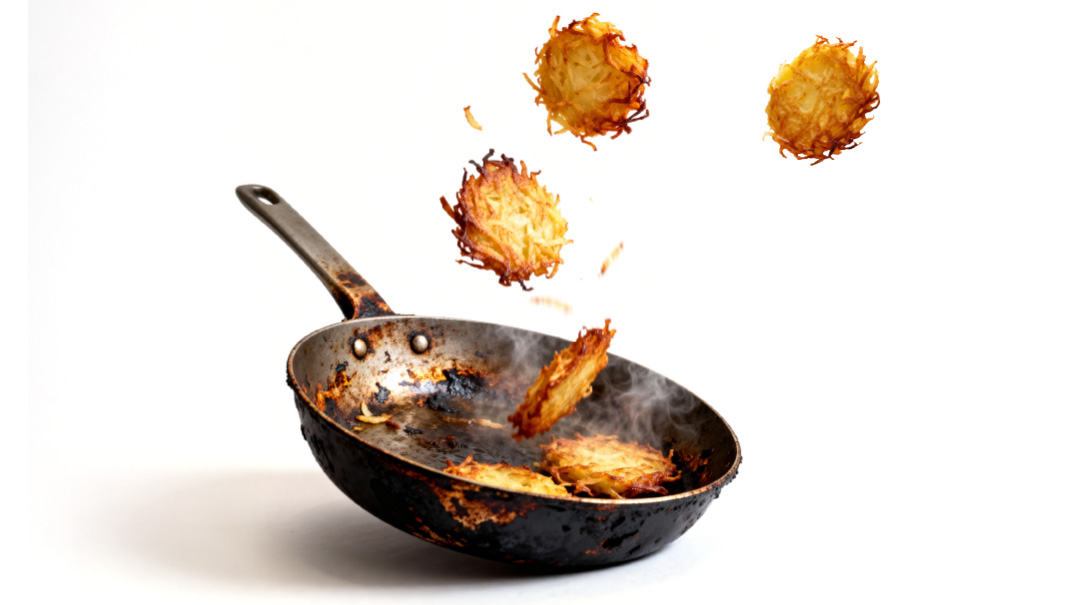The Week After

Very quickly, after exactly seven days, and we’re told to get up, which is the hardest thing I’ve ever done in my life

The week after is harder than the week of.
During the week of shivah, grief is expected. I could cry without feeling awkward. I could cry anytime. I could cry anywhere. I could cry all sorts of cries — sobs and moans and wails and sighs.
The week of, I could talk. I could talk all day, every day, because the audience keeps changing so I don’t feel like I’m imposing too much pain on a single party. I could repeat the same stories countless times without it feeling repetitive, and I do, because I need to say them, I need everyone to know just how extraordinary Mommy was and just how tremendous the loss is.
The week of, food is served, so I eat. Fancy meals, delivered by caring family and friends who share our grief. They send food because there is nothing else they can think to do that will ease our pain. Because there is nothing to do to ease the pain. And food shows you care, so they send food. Heaps of food. Carefully prepared homemade food, some of them; others order huge platters of sushi and muffins and fruit and rolls and salads from the most expensive cafes. Because they really care, and they want us to really know it.
We know it. We appreciate it. Even if it’s hard to actually swallow.
The week of, I could sit. And think. And feel. I could sit and think and feel all day every day, because there is nothing else I need to do. I’m given a low chair to do it in, from when I wake up in the morning until I (try to) fall asleep at night.
The week of, I could share. I could share the shock and pain and confusion with my fellow mourners. Because they’re shocked and pained and confused, too, and although sharing these emotions hurts, it’s good hurt, I need to hurt like this.
But the week of ends. Very quickly, after exactly seven days, and we’re told to get up, which is the hardest thing I’ve ever done in my life.
Get up. Move on. Without Mommy.
Then comes the week after.
The week after, I can’t cry. I can’t cry because my children are around, and they can’t see their mother crying all day. They could — and should — see me cry sometimes, because they need to know that grieving is important and normal and healthy; they are grieving, too.
But they also need a functional mother, and they need structure and routine and emotional stability. So I can’t cry anytime or anywhere. I can’t cry while I serve meals or watch them play. Instead the tears accumulate throughout the day, and at night, when the kids sleep, the dam bursts and I cry and cry and cry.
The week after, I can’t talk. I can’t talk because I don’t want to impose on people to listen, even if they constantly inquire how I’m doing and are sincerely willing to listen.
Also, I can’t talk because I’ve exhausted the words.
The week after, nobody serves me meals. Instead, I need to serve meals, like before, and wash laundry and do everything a mother needs to do. I pick on leftover cake to keep me going, because I have to keep going. There’s no choice. It’s the week after.
The week after, I could still share, because my father and siblings and aunts need to share, too, but sharing becomes impossible as everyone is thrust back into their own schedules and responsibilities, and we’re no longer sitting in each other’s company all day.
The week after doesn’t end. It’s seven days followed by seven days followed by a lifetime of seven days.
But it will end, one day.
We will be told to get up, and when we do, it will be on light feet and with joyous hearts.
Bimheirah b’yameinu amen.
(Originally featured in Family First, Issue 720)
Oops! We could not locate your form.







